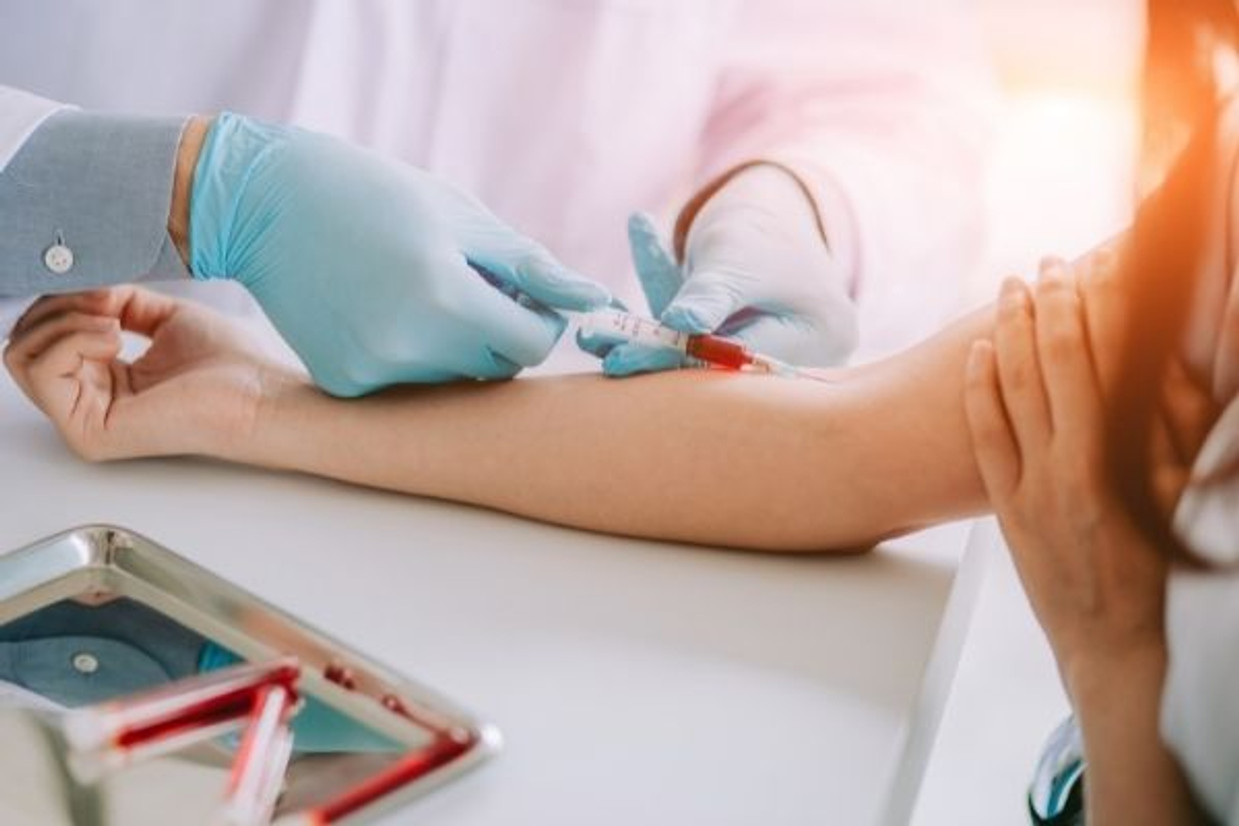Oxygenated vs. Deoxygenated Blood: What Is the Difference?
As blood moves through the body, it transports oxygen and other nutrients to the tissues. The heart pumps oxygenated and deoxygenated blood through arteries and veins across the body. While they’re both crucial to the body’s processes, there are a few key differences between the two. Explore this guide to oxygenated vs. deoxygenated blood to learn all about how and why blood circulates through the body.
What Is Oxygenated Blood?
The main difference between oxygenated vs. deoxygenated blood is that oxygenated blood carries higher levels of oxygen. Oxygenated blood flows to the lungs and is exposed to atmospheric oxygen there. The oxygen causes the hemoglobin in the red blood cells to turn brighter red. Oxygenated blood flows away from the heart to deliver oxygen to metabolizing tissues throughout the body. It travels through arteries, which is why oxygenated blood is also known as arterial blood.
What Is Deoxygenated Blood?
Deoxygenated blood, also known as venous blood, serves the opposite purpose of oxygenated blood. Deoxygenated blood has delivered oxygen to the metabolizing tissues in the body and received carbon dioxide in return. As such, it has a much lower oxygen level than oxygenated blood. Deoxygenated blood then travels through the systemic vein to return to the heart and eventually flow to the lungs to resupply on oxygen.
Why You Need To Know the Difference
Oxygenated and deoxygenated blood work together to manage circulation and keep the body functioning the way it’s supposed to. The more doctors and researchers know about the circulatory system, the easier it is to identify problems, come up with treatments, and spread awareness about better circulatory health. Healthcare professionals must also know about both oxygenated and deoxygenated blood when performing tests with a blood collection set. Most routine blood tests use deoxygenated blood, so healthcare professionals must know where deoxygenated blood flows so that they can get an accurate sample.
At Cascade Health Care, we dedicate ourselves to supplying high-quality equipment to healthcare professionals. We help doctors, nurses, and other practitioners so that they can serve their patients to the best of their ability.
Recent Posts
-
Tips for Maintaining Milk Supply When Returning to Work
Returning to work after welcoming a baby introduces logistical, emotional, and physiological challen
-
9 Items EMTs Should Have Stocked for Prehospital Deliveries
Prehospital deliveries rarely announce themselves with perfect timing. One minute you take a routine



